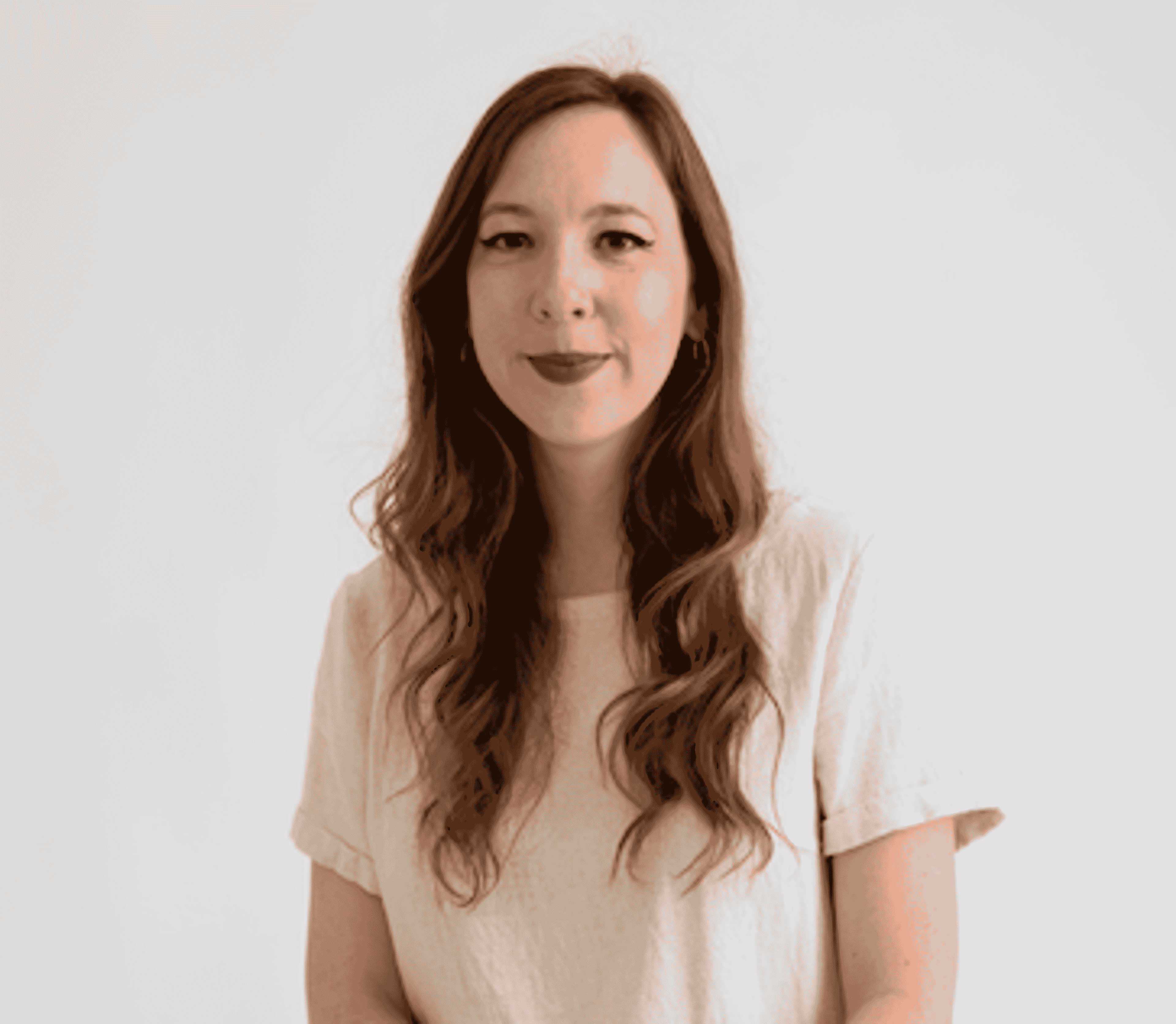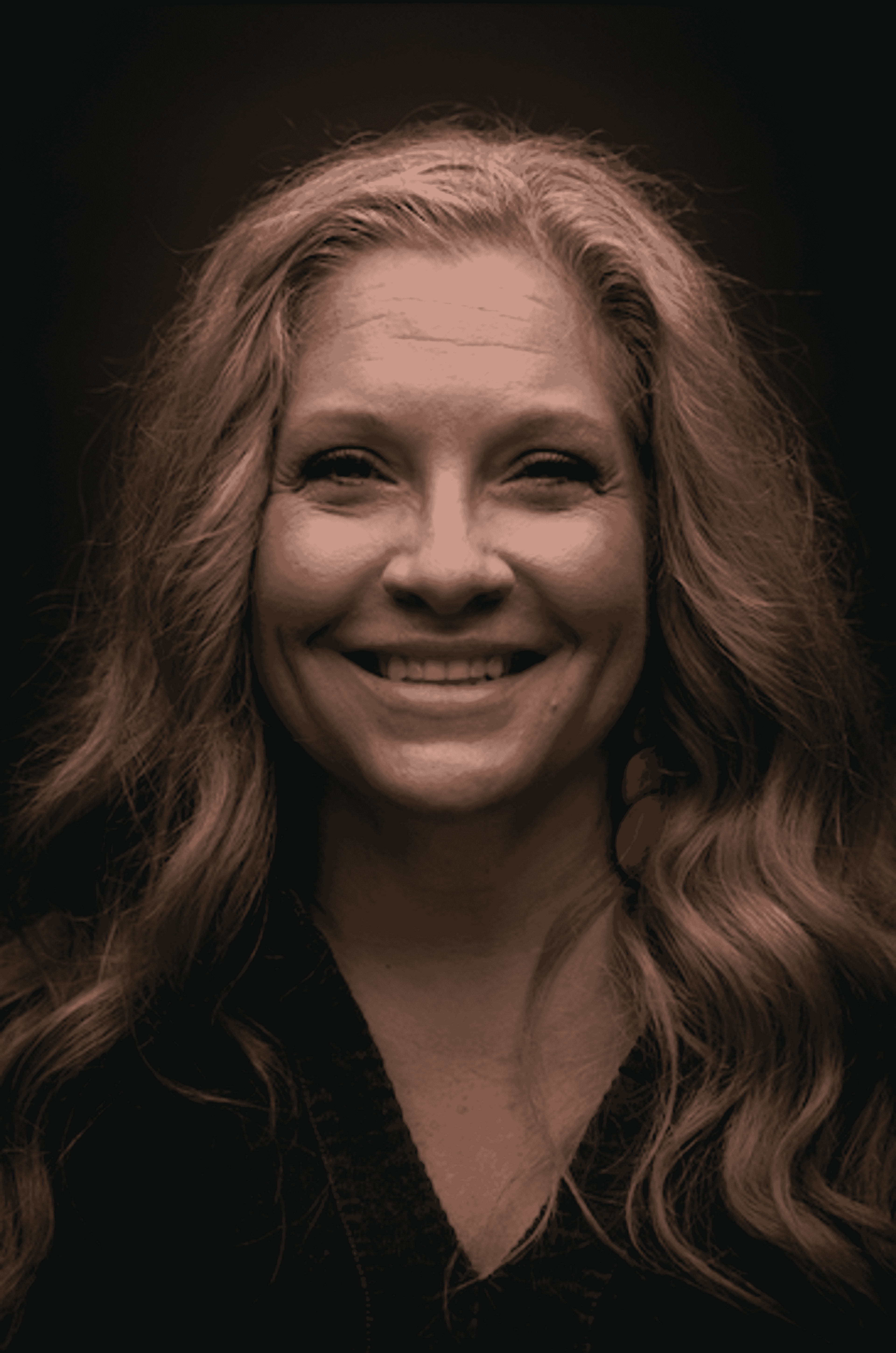Survivor Stories: Jessica Kooyer helps others find positive mindset through faith while battling breast cancer
Jessica Kooyer discusses her experience of breast cancer and encourages others going through a similar experience that their story will be beneficial to others.
On Dec. 27, 2023, Jessica Kooyer’s doctor’s office called to tell her the results from her mammogram were abnormal: An ultrasound the day before had revealed Grade 1 invasive ductal carcinoma in her right breast. She and her doctor discussed doing a lumpectomy, but first, Kooyer’s friend suggested Kooyer request an MRI, which can detect cancer better in dense breast tissue.
The MRI found ductal carcinoma in situ, precancerous cells in a much larger mass that had not shown up on her mammogram. Kooyer’s doctor recommended she have a lumpectomy, also known as a partial mastectomy. She went to another surgeon for a second opinion, who felt confident she could have a lumpectomy to save her breast.
“I [am] a spiritual person, so I wasn't scared,” Kooyer says of receiving the diagnosis. “I knew that no matter what the outcome was going to be, that it was what was intended for my life, and that there wasn’t anything that I couldn't get through.”
On March 14, 2024, Kooyer had a partial mastectomy at Barnes Jewish Hospital in St. Louis, during which they removed five lymph nodes. After this procedure, she had 21 rounds of radiation at the Saint Francis Cancer Institute in Cape Girardeau.
Throughout the first two weeks of radiation, Kooyer says she didn’t experience negative side effects; she used a bentonite clay mask at the beginning of the radiation treatments, to pull impurities out and relieve her skin. Then, her skin started to change, and burns began to develop.
To help soothe and heal this, Kooyer used medicinal honey because she wanted to treat her body as naturally as possible. She says this helped her wounds heal “remarkably” fast with very little scarring and recommends others going through radiation therapy talk with their health care provider to see if this could work for them, too.
Although it was painful, Kooyer says she felt “joyful” to see her nurses Amanda, Molly and Brooke during her radiation treatments. She also met a married couple in the waiting room before her radiation treatments in which the wife was a couple rounds of radiation ahead of her; she looked forward to seeing them each time and talking with them in the waiting room. And her family members were her biggest supports: Her husband Brendon went to every appointment with her, and her daughter and best friend also went to some of her appointments with her.
Because she is not a “sickly person,” Kooyer says the most difficult part of the treatment was taking off work during the last two weeks of her radiation therapy. After her surgery, too, she took two weeks off because she developed seroma, or an accumulation of fluid in a part of her body due to the procedure. She says she had a difficult time sitting still and avoiding lifting things with her right arm but found creative ways to do work like the laundry without lifting the basket from the floor. Although it was hard, she says she realized it’s OK to let her body rest and to not do work.
Kooyer says happiness is a choice, and even though some days the choice is difficult to make, she chooses not to live in fear of possible negative outcomes. She says having a positive attitude like this helps the body heal faster, and she has seen it help deepen the faith of the people she loves.
“In my personal opinion, anything that is not good only comes from the wrong place. And I choose not to allow that into my life,” Kooyer says. “I know that the enemy wants nothing more than for us to be in fear and to have doubt. And I don't want to give the space that I have up there [in my head to the enemy]. … That’s mine and God’s, and [the enemy] can’t have it.”
Kooyer encourages women to get a mammogram at the youngest age possible, because early detection is key to having opportunities for treatment; if a woman has been told she has dense breast tissue by a doctor, she hopes she will continually check herself for abnormalities.
She says she is grateful her mammogram caught the small spot of cancer, or else the larger precancerous spot wouldn’t have been detected via MRI. Without this early detection, she says her outcome could have been much different.
Kooyer says affecting others in a positive way is the “ultimate goal.”
“When we’re in our darkest spots, sometimes that’s the time we grow the most,” Kooyer says. “And realizing that even though you’re in a situation, there is always something to learn from it. There’s always something to take away from it. … There’s always somebody out there who needs something and will get something from your story.”
Hear Jessica Kooyer tell her story in her own words Tuesday, Oct. 29, at the Survivor Stories event at Scout Hall, 420 Broadway St. in Cape Girardeau. Doors open at 5 p.m., and the event starts at 5:30 p.m. Reserve your complimentary ticket at https://www.eventbrite.com/e/survivor-stories-tickets-1014912770417.
Connect with the Southeast Missourian Newsroom:
For corrections to this story or other insights for the editor, click here. To submit a letter to the editor, click here. To learn about the Southeast Missourian’s AI Policy, click here.











